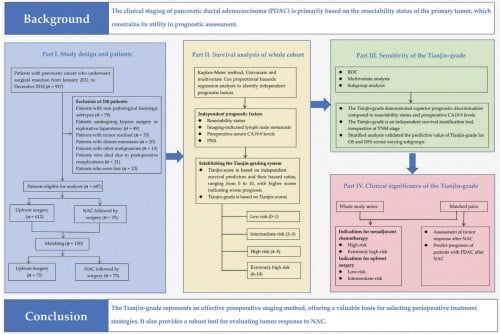A recent study led by the University of California, Riverside, highlights the significant, long-term benefits of enforcing accountability measures in underperforming schools. The research demonstrates that holding these institutions responsible can lead to transformative outcomes for their most vulnerable students.
The findings, published in 2023, reveal that accountability not only improves academic performance but also enhances overall life prospects for students who often face systemic challenges. By identifying schools that are lagging in performance, the study suggests that targeted interventions can help bridge educational gaps.
Impact of Accountability on Educational Success
The research underscores the importance of accountability in education, particularly for schools serving disadvantaged communities. The study shows that when schools are held accountable for their performance, they are more likely to implement changes that foster academic achievement. This is especially relevant for students from low-income backgrounds, who often experience barriers to success.
According to the study, schools that received accountability interventions saw an increase in student performance metrics. For instance, the research indicates an improvement in test scores and graduation rates, which can significantly affect students’ future opportunities. Such outcomes are crucial in a society where educational attainment is closely linked to economic mobility.
The authors of the study emphasize that these changes can lead to a ripple effect throughout the community. When students succeed academically, they are more likely to pursue higher education and stable employment, contributing positively to the local economy. This long-term perspective highlights the necessity of investing in educational reforms that prioritize accountability.
Looking Ahead: Policy Implications
As educational policymakers consider reforms, the insights from this study provide a compelling argument for maintaining a robust accountability framework. The data suggests that not only do these measures enhance individual student outcomes, but they also promote broader societal benefits.
Educators and administrators are encouraged to utilize these findings in discussions about funding and resources. By focusing on accountability, schools can better allocate their resources to address the specific needs of their students and improve overall educational quality.
In conclusion, the University of California, Riverside study offers valuable insights into the impact of accountability on educational success. By implementing and sustaining accountability measures, schools can achieve significant gains that extend beyond the classroom, ultimately fostering a more equitable educational landscape for all students.







